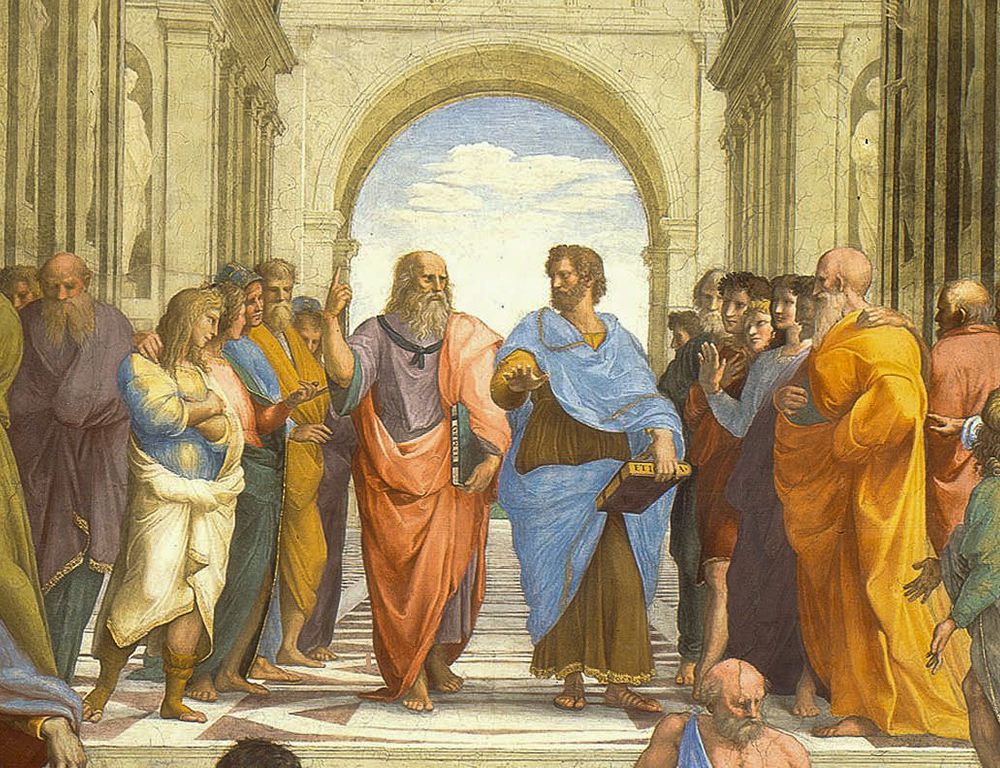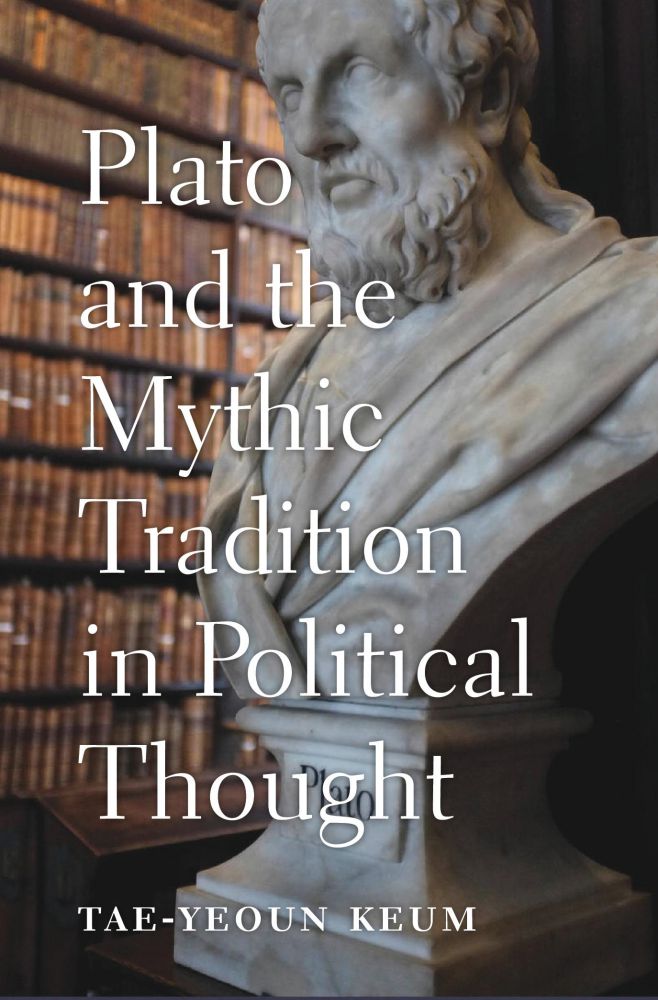
Fresh Eyes on Plato


Tae-Yeoun Keum was mesmerized by Plato as a freshman in college. She most loved the myths, “these vivid, fantastical stories that Plato invented and integrated into his philosophical dialogues.”
Later, reading a treatise by Gottfried Wilhelm Leibniz, a 17th-century German philosopher, she came across a myth obviously inspired by Plato. This got her to thinking: Who else was doing this? And why would a modern political philosopher even want to do that?
That curiosity led to “Plato and the Mythic Tradition of Political Thought” (Harvard University Press, 2020), her examination of a tradition of political thinkers who sought to understand the place of myth in politics, and who in particular turned to Plato for guidance in their efforts.
Today a UC Santa Barbara assistant professor of political science, Keum notes that myths are often seen as the opposite of reason, irrelevant or undesirable in a political philosophy committed to rational progress. And Plato, she said, is celebrated as someone who invented philosophy by making critical thinking and discourse, over myth, central to this enterprise.
“I want my book to convince readers that this is an incomplete portrait of both Plato and his influence in the history of political philosophy,” she said. “We cannot understand Plato’s legacy without recognizing that both Plato and some of his most celebrated successors were participants in a coherent tradition of writing and thinking about myth.”
Keum also hopes the book will help readers rethink some of our default assumptions about what philosophy is and what it should look like. We tend to think of philosophy as a rarefied discipline built on formulating and refuting arguments, she said, but the people she discusses tell us that’s not the case.
“My book is fundamentally about how these philosophical giants who followed in Plato’s footsteps were experimenting with literary genres and incorporating myths into their political and philosophical writings,” Keum explained. “And their achievements should also invite philosophers to be open to different styles of philosophical presentation, especially from the margins of their discipline, and to be attuned to the diverse insights we have yet to gain from unconventional forms of knowledge.”
Keum notes that while Plato’s myths, including those about the afterlife, often featured supernatural events that provided philosophical insights, some of our modern myths in political thought have been used in destructive ways.
One commonly cited example is found in Nazi propaganda, which held there was a chosen Aryan race destined for greatness, and the narrative that the Third Reich was destined to be a kingdom that would last a thousand years.
“Part of what I’m trying to do in the book is to point out that there are other, more neutral or sometimes more constructive, possibilities for myth in political thinking,” Keum said. “These are possibilities that are explored in the philosophical myths written by Plato and the authors who followed in his footsteps. These authors used their myths to access, talk about and even reshape parts of our worldviews that are deeply ingrained in our thought, and difficult to capture in more conventionally rational discourse.”
In researching the book, Keum said she was struck by how fraught the concept of myth has been in theoretical scholarship — one that appears to have taken on an outsized significance for what it actually is. We tend to think of myths as a genre of traditional tales about supernatural figures or events. But from the Enlightenment on, she said, the genre came to double as a philosophical concept, often as a catch-all category for stray falsehoods and superstitions, irrationality in general, or the shared cultural assumptions undergirding society at large.
“I felt that there’s a gap between this broader conception of myth that covers this expansive range of things,” she said, “and the narrower definition of myth as a specific literary genre of traditional tales. Because I was writing about how a tradition of thinkers have used the literary genre of myth for greater philosophical purposes, my book has allowed me to explore some of the larger stakes surrounding the concept of myth while remaining anchored in something concrete.”



